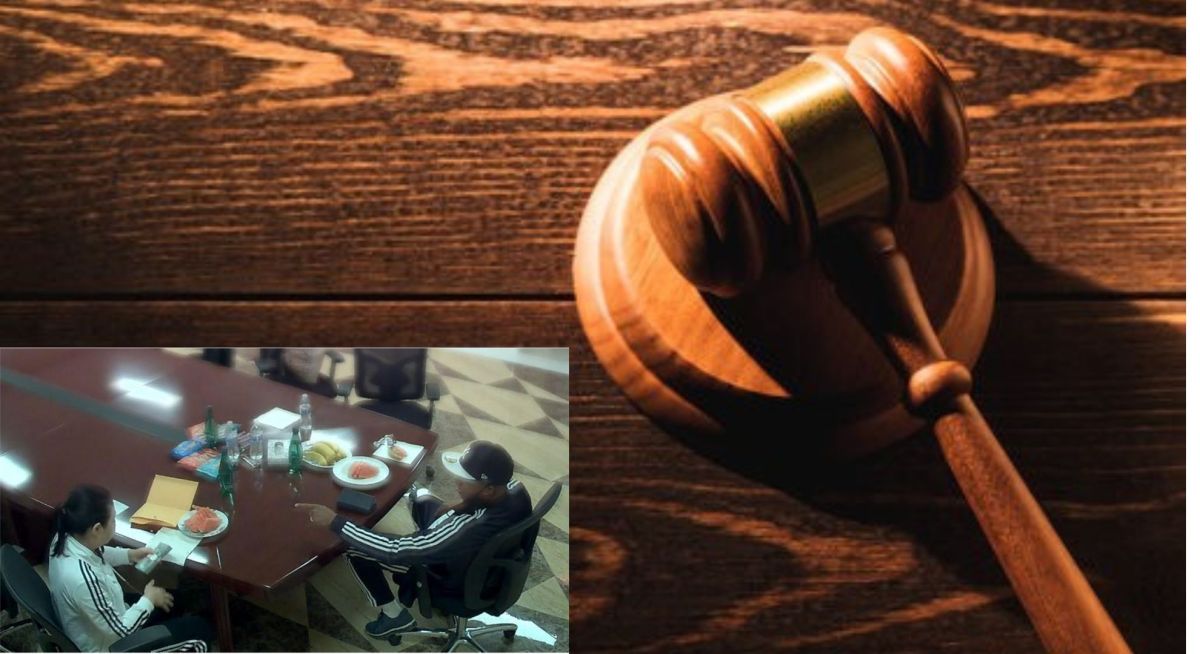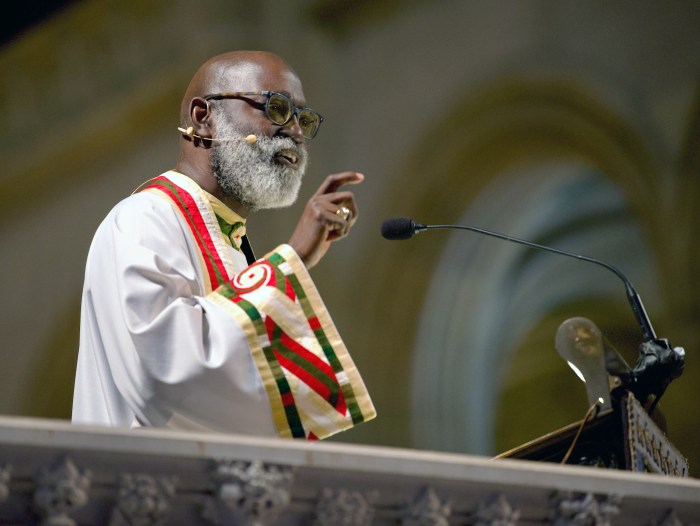By Anna Koper and Kacper Pempel
WARSAW (Reuters) – Tens of thousands of Poles took part in a far-right march in the capital Warsaw on Monday to mark Polish independence, an annual event that has become a focus of friction between nationalists and liberals.
Some chanted “God, honor, homeland!” and “No to the European Union!” and waved red-and-white Polish flags. Others lit red flares, blanketing sections of the parade with smoke.
“We have to return to our roots. Our world has abandoned God and Christianity,” Robert Bakiewicz, head of a group organizing the march, told participants in central Warsaw. “We will die as the nations of western Europe are dying.”
A small group of hardline Italian far-right group Forza Nuova members also took part, waving flags.
Poland has become increasingly polarized since the nationalist Law and Justice (PiS) party came to power in 2015, calling for a revival of patriotic and Roman Catholic values in public life and a rejection of Western liberalism.
Critics say PiS, which won a second term last month with 44% of the vote, has tacitly encouraged groups with roots in the fascist and anti-Semitic movements of the 1930s that organize the march, although the party denies this.
Last year, on the centenary of Polish independence, government officials and President Andrzej Duda, an ally of the PiS, agreed to hold a joint event with the annual march organizers, but walked at a distance, away from any overt displays of nationalism.
This year, PiS held its own, separate events.
“Our nation has a mission and it has to fulfill it,” PiS leader Jaroslaw Kaczynski said on Sunday. “Our mission is to sustain everything that’s a foundation of our Christian civilization.
“We will walk this path, and if it’s done in a thoughtful way, it will bring us to victory.”
On Nov. 11, Poles commemorate the establishment in 1918 of the second Polish republic, created after World War One from parts of what was then Russia, Germany and Austria.
Two years ago, the march was dotted with racist banners, some of them reading “Pure blood, clear mind” or “Europe will be white or uninhabited”.
Before PiS came to power, scuffles between participants and police were not uncommon, but in recent years, more families with children have joined.
On Monday, some wore stickers saying “Stop 447”, in a protest against a U.S. law on the restitution of Jewish property seized during or after World War Two, an issue increasingly featuring in public debate in Poland.
The U.S. Department of State is expected to provide a nonbinding report to Congress later this year on property restitution, under legislation known as the Justice for Uncompensated Survivors Today (JUST) Act, or Act 447.
Poland was home to one of the world’s biggest Jewish communities before it was almost entirely wiped out by Nazi German occupiers who set up death camps such as Auschwitz on Polish soil.
Another far-right march, in the southwestern city of Wroclaw, was ended by city authorities due to racist remarks 25 minutes after it had begun.
“The march was dissolved (…) due to hate-speech (anti-Semitism) and the use of pyrotechnics,” the vice-president of the Wroclaw City Council, Bartlomiej Ciazynski, wrote on Facebook, adding that several hundred people took part in the march.
According to Poland’s state news agency PAP, the police used water cannons to disperse the participants of the march.
(Editing by Kevin Liffey, Andrew Cawthorne and Jonathan Oatis)
























